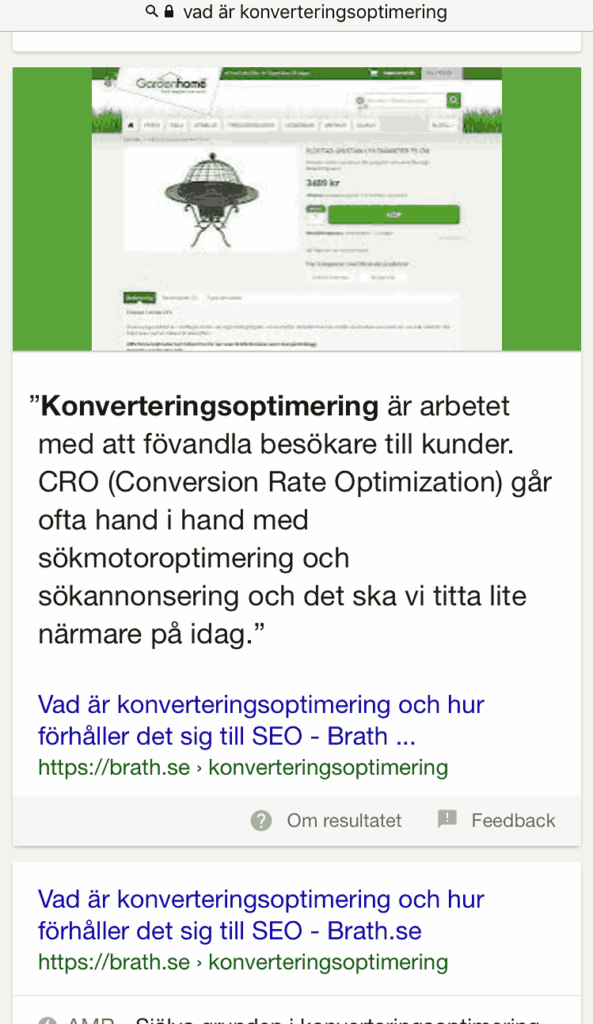

If your first-place ranking now also appears as a featured snippet, it might not be time to celebrate—you’re probably losing traffic because of it.
If your page ranks on the first page of search results, there’s a chance you’ll also be awarded a featured snippet. That should be cause for celebration—but in many cases, it’s quite the opposite.
A study released on May 29 by Ahrefs shows that the featured snippet gets as little as 8.6% of the clicks, and that the total number of clicks decreases across the entire search result.
And that’s exactly what Google wanted

When Yahoo was still the biggest player, its strategy was to keep users within its own ecosystem for as long as possible. The reason? To increase the chance of showing more ads and avoid sending traffic to “competitors.” At that time, Google took a different route: it focused on the user by ensuring they found the best possible results quickly. In the short term, this meant users clicked away from Google fast. But in the long run, it made Google the dominant search engine.
That’s why it’s especially interesting that Google, in many ways, now seems to be following in Yahoo’s footsteps. The goal is to keep users on the platform, with everything from address results to flight bookings handled directly in the search results. Featured snippets are no exception—if users can get their answer right in the search result, there’s no reason for them to click through. This is particularly true for mobile users.
But there’s an important difference. Google still focuses on giving users exactly what they asked for, which ironically keeps them from clicking away. Back in the Yahoo era, users stayed longer because the results were bad, and they had to keep searching.
So how should we respond to this?
It is what it is. Yes, featured snippets are likely reducing the total number of visitors to websites—especially those that appear in the ~12% of search results that include a snippet. That’s frustrating for webmasters. But Google is unlikely to reverse this shift, so the best approach is to adapt. And if a snippet is going to show up anyway, better that it’s yours than your competitor’s.
And if it happens to be on a commercial keyword

After this article was published, I got a tip from industry colleague Per that if this happens on commercial keywords, it can actually give a significant boost in both traffic and conversions. The image above is an example from Germany where exactly this has happened. Amazon probably isn’t too happy about that particular case.
